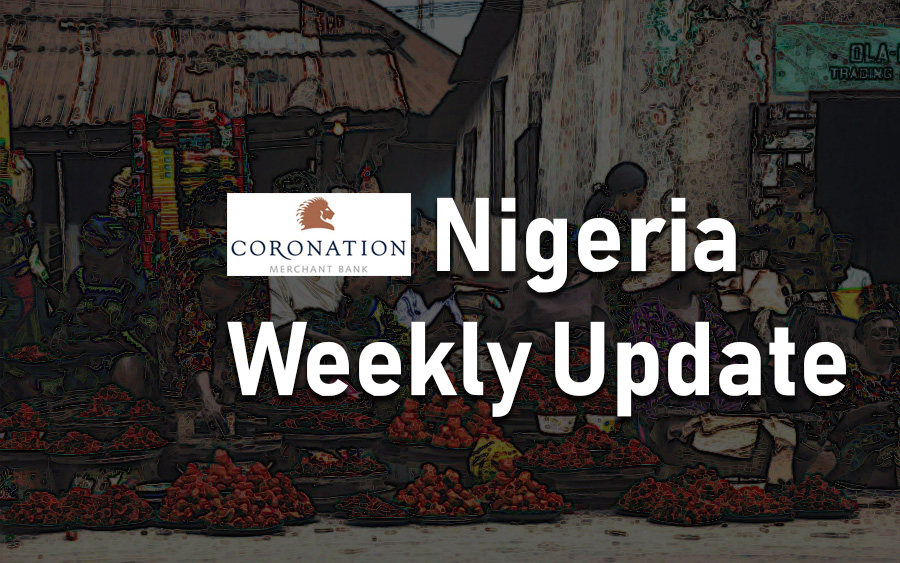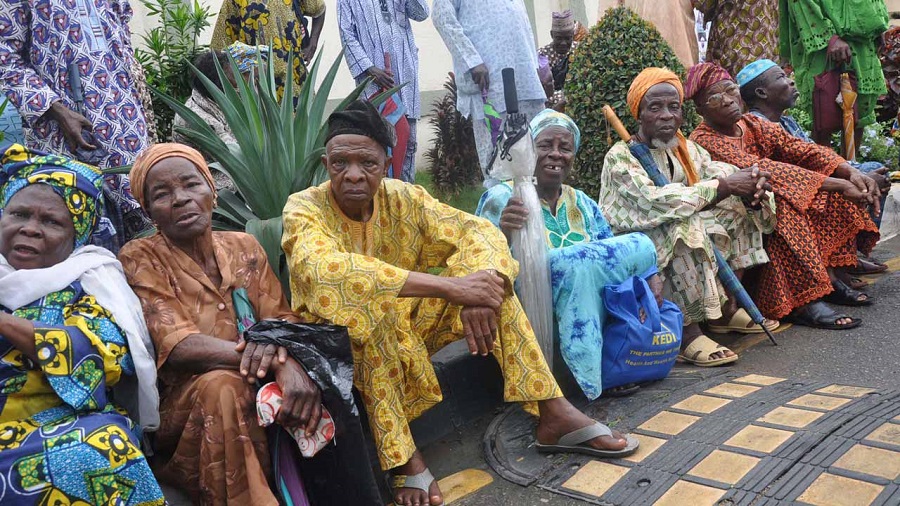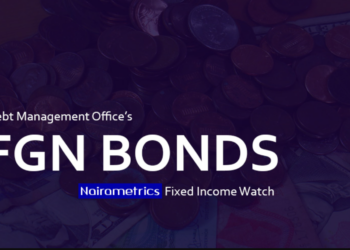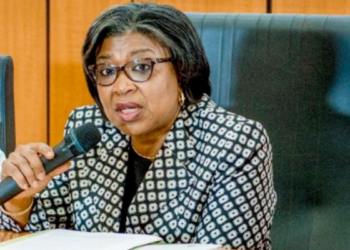The Monetary Policy Council (MPC) of the Central Bank of Nigeria (CBN) met last week and decided to leave its Monetary Policy Rate (MPR) on hold (see below). What matters is not the MPR but one-year market interest rates, which the CBN effectively sets. These rose in mid-August and, we believe, are likely to stay above 14.50% for some time.
FX
The CBN’s gross foreign exchange reserves stand at US$42.46 billion. These have been falling at around US$400 million per week (this data comes from August and early September) as the CBN has entered the NAFEX market to supply US dollars. Spending precious FX reserves is not to the CBN’s liking, which accounts for the recent (mid-August) rise in market interest rates. A commitment by the World Bank to lend Nigeria a further US$2.5 billion is obviously welcome
Bonds & T-bills
The yield on a Federal Government of Nigeria (FGN) Naira bond with 10 years to maturity rose by 9bps to 14.38%, and at 3 years fell by 37bps to 14.13% last week. The yield on a 364-day T-bill fell by 9bps to 15.10%. The yield on a T-bill with 3 months to maturity fell by 7bps to 12.17%.
Following the MPC meeting, headline interest rate was maintained at 13.5%, and all other metrics remained constant. A recent 1-year T-bill yield is 15.10% per annum compared with rates in July as low as 11.89%. Note that market interest rates have been rising while inflation was trending slightly down. Inflation is stubborn with the August print at 11.02% compared with July at 11.08%.
[READ MORE: Coronation Research Nigeria Weekly Update: The public and the private sectors]
Oil
The price of Brent rose by 6.74% last week to US$64.28/bbl. The average price, year-to-date, is US$64.86/bbl, 9.53% lower than the average of US$71.69/bbl in 2018, but 18.47% higher than the US$54.75/bbl average seen in 2017.
Following the attacks on Saudi Arabia last week, there were expectations that the disruption was going to push oil prices as high as US$100.00/bbl. A rather ambitious assumption, especially as oil demand is still weak and the growth outlook of the global economy is waning. US President Trump announced on Friday that sanctions will be imposed on the Central Bank of Iran, which his administration blames for the attacks. He stated:
“These are the highest sanctions ever imposed on a country. We’ve never done it to this level.”
While this is likely to be yet another supply disruption, it is unlikely to lead to a sustained rally in oil prices, in our view.
Equities
The Nigerian Stock Exchange (NSE) All-Share Index fell by 0.29% last week, pushing the year-to-date return to negative 11.87%. Last week Stanbic IBTC (+22.43%), PZ Cussons (+19.49%) and Dangote Sugar (+15.10%) closed positive while Sterling Bank (-7.23%), Forte Oil (-3.32%) and UBA (-3.17%) fell.
[READ MORE: Coronation Research releases Outlook for Insurance Sector]
Although there has been a slight uptick in investors’ appetite towards equities, overall buying interest is still weak. Barring any positive catalyst, and with a year-to-date return of negative 11.87%, we expect investors to still maintain a cautious stance towards equities. However, we note that bargain hunters are in a good position to take advantage of a selected stock trading at their historical lows.
Naira interest rate and foreign exchange
The minutes of MPC meetings, in which members give their reasons for voting several weeks after each bimonthly session, are revealing of the CBN’s motivations. At one level the CBN has a remit to develop the economy, and this can argue for low-interest rates. It also has a target range for inflation of between 6.00% and 9.00%, so an inflation print (e.g. for August) of 11.02% year-on-year remains out-of-range and may justify high-interest rates.
However, the over-riding concern (to judge from recent minutes) is to protect the Naira/US dollar exchange rate and to have sufficient FX reserves to do this with. The CBN’s FX reserve position was hard-won during 2017 and to see this fall by as much as US$400 million per week during August and early September, as the CBN supplied US dollars to the FX market, was jarring. Having allowed one-year risk-free market interest rates to fall to under 12.00% per annum during July and early August, it then raised them steeply in mid-August to around 15.50%.
The open market operations (OMO) are the CBN’s way of setting market interest rates through the sale of bills, whose yields tend to be closely matched in issues of Federal Government T-bills. Foreign purchases of these form part of the CBN’s FX reserves. The Monetary Policy Rate, which has changed just once in three years (when it was cut from 14.00% to 13.50% last March) can be considered a signalling device and a talking point for MPC discussions.
[READ MORE: Nigeria Weekly Update by Coronation Research]
Our rule-of-thumb is that risk-free one-year Naira market interest rates need to be between 250-300bps above inflation, but our rule-of-thumb is subject to change. At the end of last week, a 1-year T-bill yielded 15.10%, 401bps above inflation.
This may be the required level at which to attract foreign institutional investors to buy Naira-denominated risk-free OMO and T-bills in the light of fairly weak oil prices and a global investment appetite which shuns risk. Our estimate is that a Naira-denominated risk-free rate of 14.75% might be enough to achieve this, implying a gentle moderation in rates. We do not expect a sharp fall in market interest rates anytime soon.























